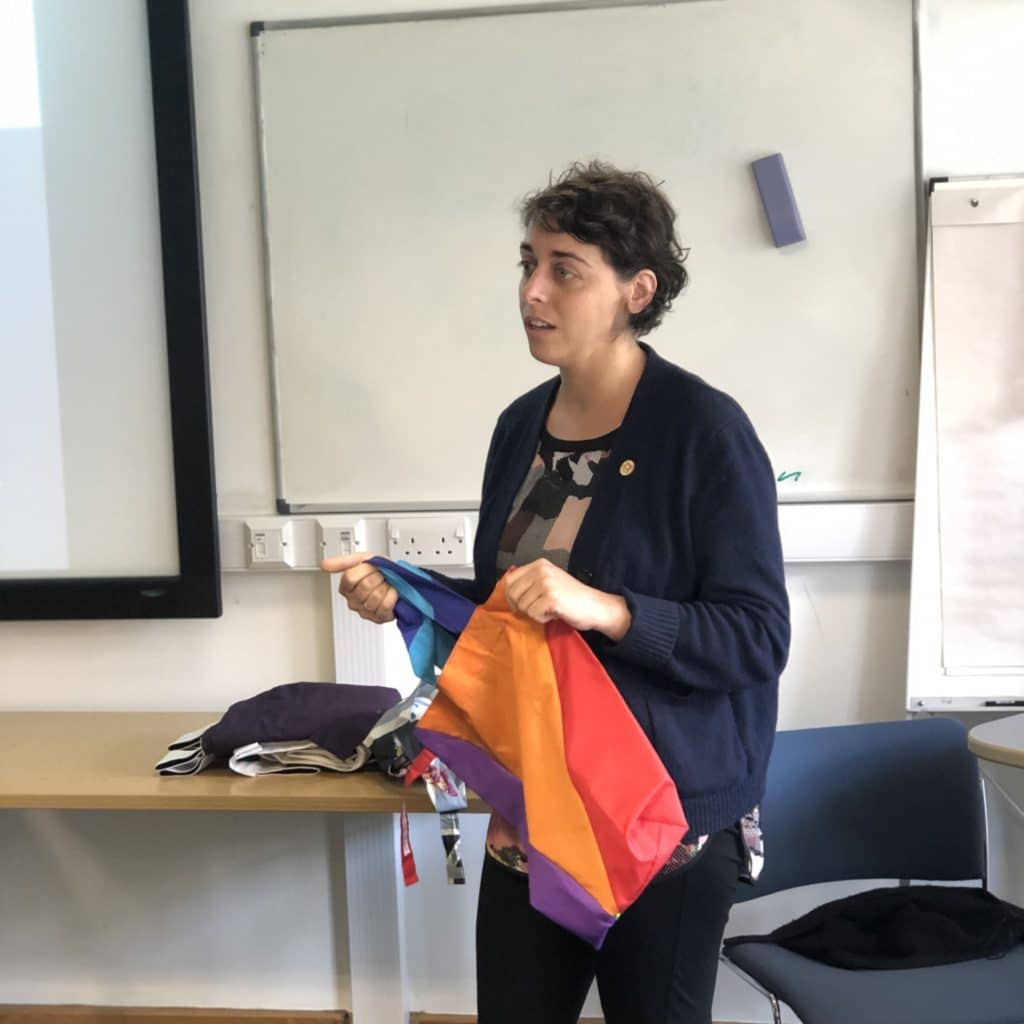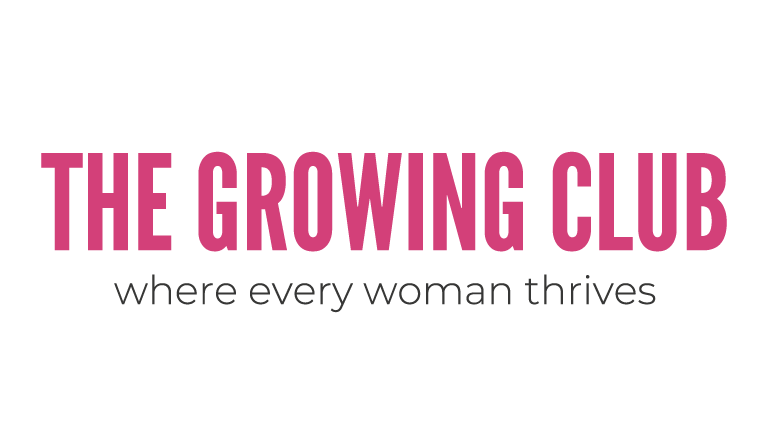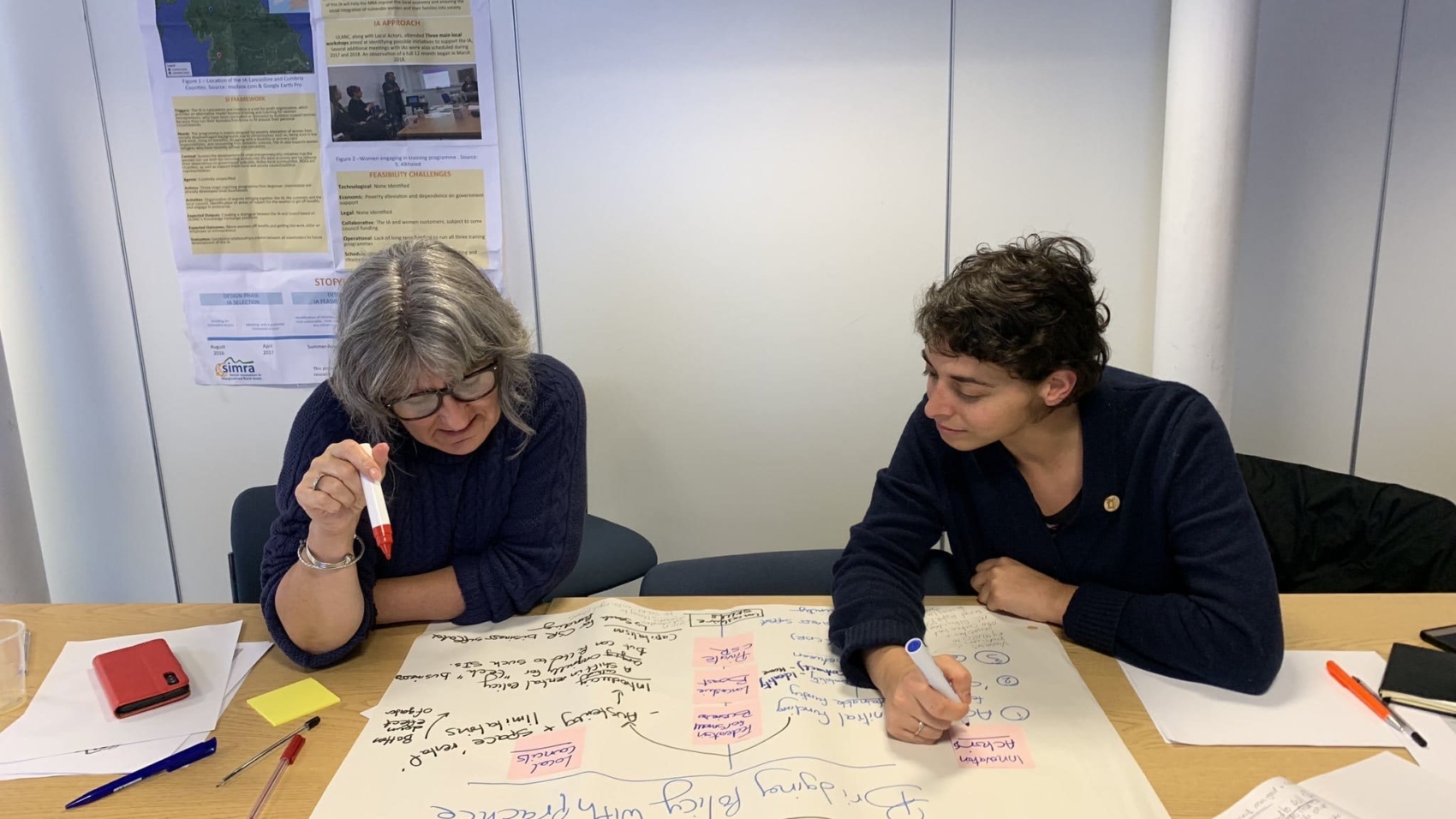SIMRA
For the last three years, The Growing Club has taken part in the Social Innovation in Marginalised Rural Areas programme, or SIMRA, for short.
The project is an EU-funded scheme under the Horizon 2020 Research and Innovation Programme. The description of the Horizon fund is:
“Horizon 2020 is the biggest EU Research and Innovation programme ever with nearly €80 billion of funding available over 7 years (2014 to 2020) – in addition to the private investment that this money will attract. It promises more breakthroughs, discoveries and world-firsts by taking great ideas from the lab to the market.”
European Commission, Horizon 2020
The aims of the SIMRA project are to examine social innovations in agriculture, forestry and marginalised rural areas across Europe and the Mediterranean region in particular.
As The Growing Club, we have been supported by Lancaster University, which is a SIMRA partner. Since 2017, Dr Sophie Alkhaled at the Department of Entrepreneurship and Strategy at the Management School has been observing and working closely with our co-founder, Jane Binnion as the English case study for SIMRA’s Innovation Actions. Jane has guest-lectured on Sophie’s modules on numerous occasions, inspiring undergraduate students with her experiences and resilience as a social entrepreneur and innovator.
On the 26 September, we took part in a SIMRA – Social Innovation Action – workshop at Lancaster University, led by Dr Sophie Alkhaled, where we were given the opportunity to meet other Social Innovation projects like the Sewing Café Lancaster. We heard from the café’s Kiki Callihan, where she talked passionately about the aims of the project – improving sustainability while encouraging community wellbeing and cohesion through skill-sharing. The workshop was a supportive space to share our work so far with Lancaster City, Lancashire County and Cumbria County, along with the Federation for Small Business, Boost Lancashire – as stakeholders.

Through engaging in partnerships with agencies like the above – along with business networks – we’ve reached policymakers, allowing us to advocate for the voices of the many women within our organisation.
Jane Binnion, founder and director of The Growing Club, said:
“It’s been an absolute honour to be the English case study for SIMRA. I have personally felt incredibly supported by Dr Sophie Alkhaled – she’s been someone I can talk ideas and thoughts through with. Through SIMRA, we’ve been lucky to fund Katie Birks, a Growing Club graduate, to design and build us a fantastic new website has been such a boost to our organisation, reaching a wider audience.
“I recently went to a social innovation think tank in Aberdeen. I was made to feel very welcome there and it felt good to be a part of an international initiative. I had never thought of The Growing Club as a social innovation prior to this, but knowing that we are being placed in that category, feels as though we are achieving our goals on a bigger level.”

Social innovations across the world
Another excellent project which is of great interest to The Growing Club and is under SIMRA, is the Economic Empowerment of Women in Deir El Ahmar, 75 kilometres from Beirut.
The project is centred around homemade food, which has been turned into a business opportunity for local women from the village of Deir el Ahmar.
Through selling items like jam, pickles, dried fruits and delicacies, the women are supported financially with a sustainable business model which impacts community cohesion and partnership. It also serves to enhance the confidence and skills of the women, which helps with wellbeing and economic independence for them and their families.
This is a really powerful example of a how investing in women brings a good business return on many levels and links well to a quote spoken on International Women’s Day in 2003, by the Secretary-General of the United Nations, Kofi Annan:
“When women thrive, all of society benefits, and succeeding generations are given a better start in life.”
Kofi Annan, 2003
We have retained that quote within The Growing Club as a strong principle in our messaging.
How we help female-led businesses
The Growing Club’s work comes under SIMRA’s ‘marginalised rural areas’ section, with our social enterprise’s mission to support women in business – particularly women who are side-lined from success by a variety of reasons, including through disabilities, lack of funding, in receipt of benefits or low pay and also, not having the correct support infrastructure to have a sustainable business.
Through the delivery of our unique training programme, which was created to address the gaps in small business training and education for women, our peer-support network of other women business owners has been transformative.
We’ve been running successfully as a not-for-profit organisation for three years, with over 80 women from across the north-west of England joining our business training course, Bloom and Grow, where women learn the business skills required to build their business to a sustainable level.
But we’re not just interested in women who are already running their own businesses. Our organisation is rapidly making a difference to other groups of Lancashire women.
Our pre-start-up programme is called The Sowing Club, where we help women who are deemed to be socially disadvantaged. Our course initially ran across Lancaster and Morecambe, inspiring 40 women who were in receipt of benefits or in low-paid work, to re-engage with their skills and dreams to create a better life for themselves and their children. The women had incredibly varied backgrounds, all ages from the mid-20s to early 60s, with women taking part who had disabilities, women refugees and women who have escaped domestic violence. A new cohort of this programme is currently running, funded by the European Social Fund.
Roots and Shoots is our start-up course, which follows on from The Sowing Club, where women will be ready to start their own business. This course is a 12-month funded programme, focussing on how to start and grow a business that is sustainable.
Our organisation has worked with nearly 300 women so far.
Women’s economic empowerment
In 2013, the MP for Basingstoke, Maria Miller, wrote:
“To secure the recovery, we need to do more to maximise our competitiveness and harness female talent, both for the benefit of the UK economy and for the financial security of women and their families.”
Maria Miller MP, 2013
Similar findings were identified in a 2016 Deloitte report, which showed that an increase in the rate of female-led new business to 10% would contribute £180bn to the UK economy by 2025.
A March 2019, a parliamentary briefing looking at women in business and their participation in the UK labour market found that 19% of small and medium-sized enterprises (SMEs) in the UK with employees were led by women in 2017.
It also showed that women were less likely than men to be involved in entrepreneurial activity, which includes owning or running a business less than 3.5 years old.
Encouragingly, figures from June 2018 showed that 29% of directors of FTSE100 companies were women. In the FTSE250 (the next largest 250 listed companies outside the FTSE100), 24% of directors were women.
This is great progress, but we must not forget socially disadvantaged women who also have so much to offer.
How do we help female-led businesses?
We support women in business and women who want to start a business, bridging the gaps in business education and supporting those women who have been left behind.
We use a peer-based support model, using mentors and role models, which is where so many women feel isolated in business due to the lack of support in this way. Our training programmes help women to grow in confidence whilst reconnecting with their existing skills and goals.
An example of how we supported women to reclaim their personal worth is through a recent course that we facilitated at The Growing Club. Sunflowers was a training programme especially for women aged 50+ who are unemployed, unwaged or facing redundancy. Redundancy is a huge challenge in this age bracket for women, due to a variety of barriers they come up against securing further employment.
One of the biggest blocks for us currently, is the Universal Credit system. We work closely with local Jobcentres, however, Universal Credit is still so new and grave mistakes are being made that impact women, including some not being referred to the New Enterprise Allowance scheme, when they are absolutely entitled to be. Helping women with no capital to start businesses is hard enough and this has had the biggest impact on the morale of our course attendees and additionally, on our outcomes.
A crucial aspect for women in business that is often forgotten about is wellbeing. We’ve just launched a new project called Healthy Biz, Healthy You, funded by Sport England. The course focuses on the health and wellbeing of women in business, which is a downfall for so many women.
We researched some of the reasons why women in business neglect their self-care. Responses were varied, but sobering, from women stating they feared failure, couldn’t switch off and feeling guilty for not being constantly available work-wise. This is often because women are still doing the double-shift: working full time and still carrying the biggest share of domestic tasks. This impacts upon health and wellbeing greatly. We address that through a bespoke exercise and meditation programme, teaching women to incorporate our methods throughout their routines.
Social innovation
We’re genuinely grateful to have been part of the SIMRA project. It’s changed our perspective of how we see ourselves. Through continuing our work as The Growing Club – a social innovation – we will ensure that we bridge the gaps in business education for all women who attend our courses, through providing powerful mentorship and quality peer-support. These factors are crucial for women to build and grow sustainable businesses


